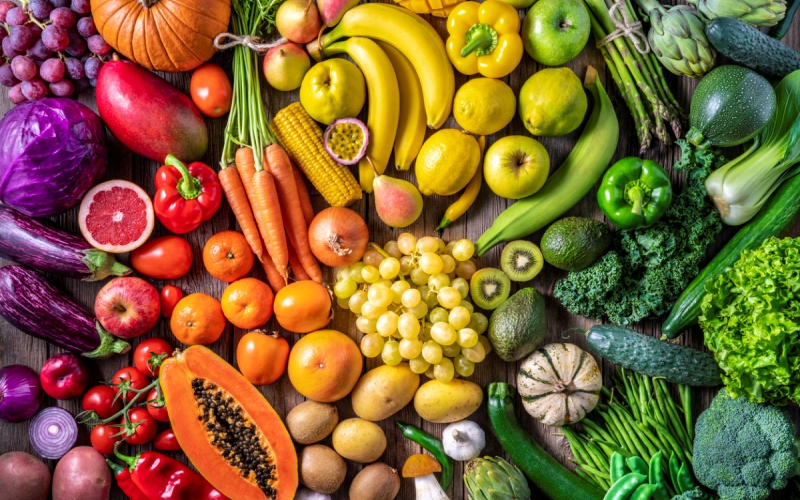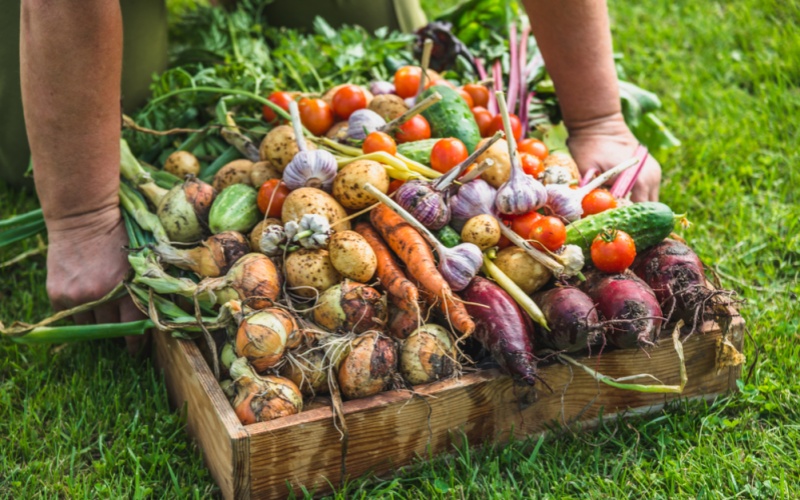One of the main benefits of choosing organic food is the potential health advantages. Organic produce is often fresher since it is typically grown locally and sold in season. This freshness can lead to higher nutrient levels as the food is harvested at its peak ripeness. Additionally, organic farming practices aim to maintain soil health, which can enhance the nutritional quality of the crops. Studies suggest that organic fruits and vegetables may contain higher levels of antioxidants, vitamins, and minerals compared to their conventionally grown counterparts.
Moreover, organic farming practices are designed to promote animal welfare. Organic livestock are raised in more humane conditions, with access to outdoor spaces and a diet free from genetically modified organisms and antibiotics. This commitment to ethical treatment can resonate with consumers who are concerned about animal rights and the environmental impact of factory farming.

When it comes to environmental sustainability, organic farming has several advantages. By avoiding synthetic chemicals, organic farmers help reduce pollution and protect water sources from contamination. These practices also encourage biodiversity, as organic farms often incorporate crop rotation and companion planting, which can enhance soil health and reduce the risk of pests and diseases. Choosing organic food can thus contribute to a more sustainable agricultural system that supports ecosystems and reduces the carbon footprint associated with food production.
However, it is essential to consider the challenges associated with organic food. Organic products can sometimes be more expensive than conventional options due to higher production costs and lower yields. This price difference can be a barrier for some consumers, making it crucial to prioritize purchases based on your budget and dietary needs. Buying in bulk, shopping at local farmers’ markets, or participating in community-supported agriculture programs can help make organic options more accessible.

Another consideration is the potential for misconceptions about organic food. Some consumers may believe that organic products are always healthier or more nutritious. While organic foods do have benefits, it is important to remember that not all organic foods are created equal. Processed organic products can still be high in sugars, fats, and calories, so it is essential to read labels and make informed choices.
Understanding organic food involves recognizing its benefits for health, animal welfare, and the environment. By making informed choices and considering the challenges, you can incorporate organic options into your diet in a way that aligns with your values and lifestyle. Embracing organic food can be a step toward a healthier you and a more sustainable planet.



